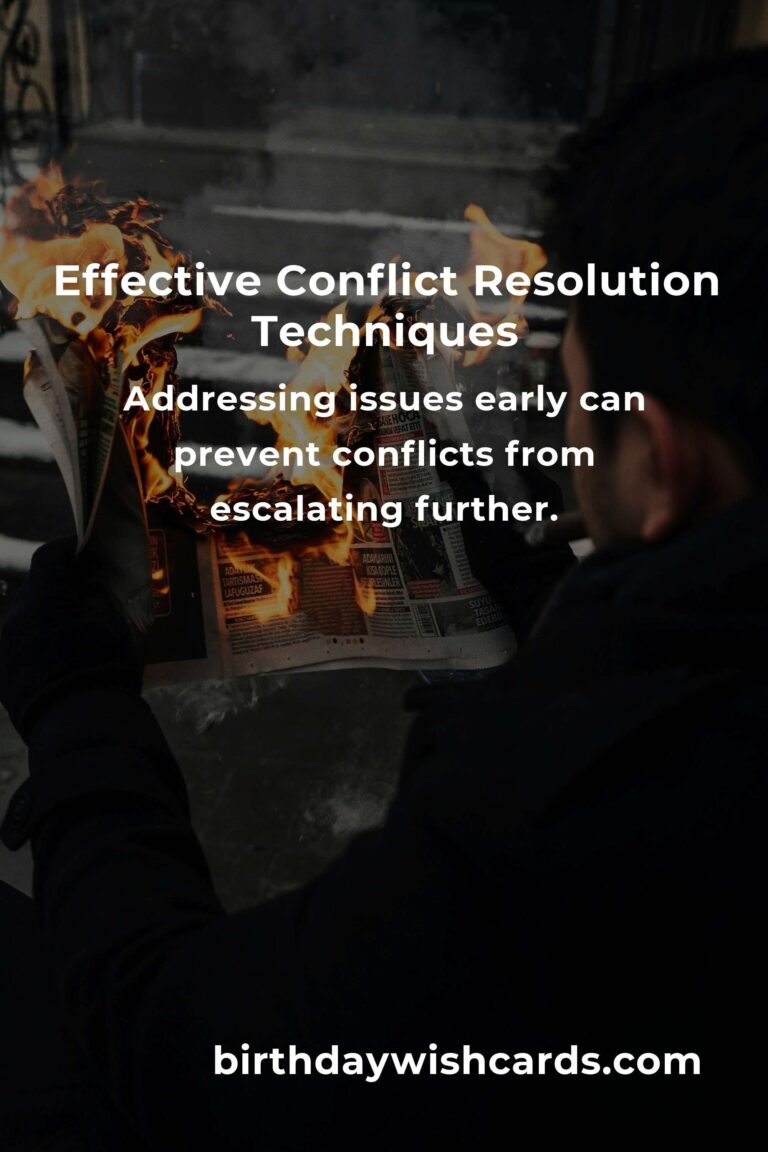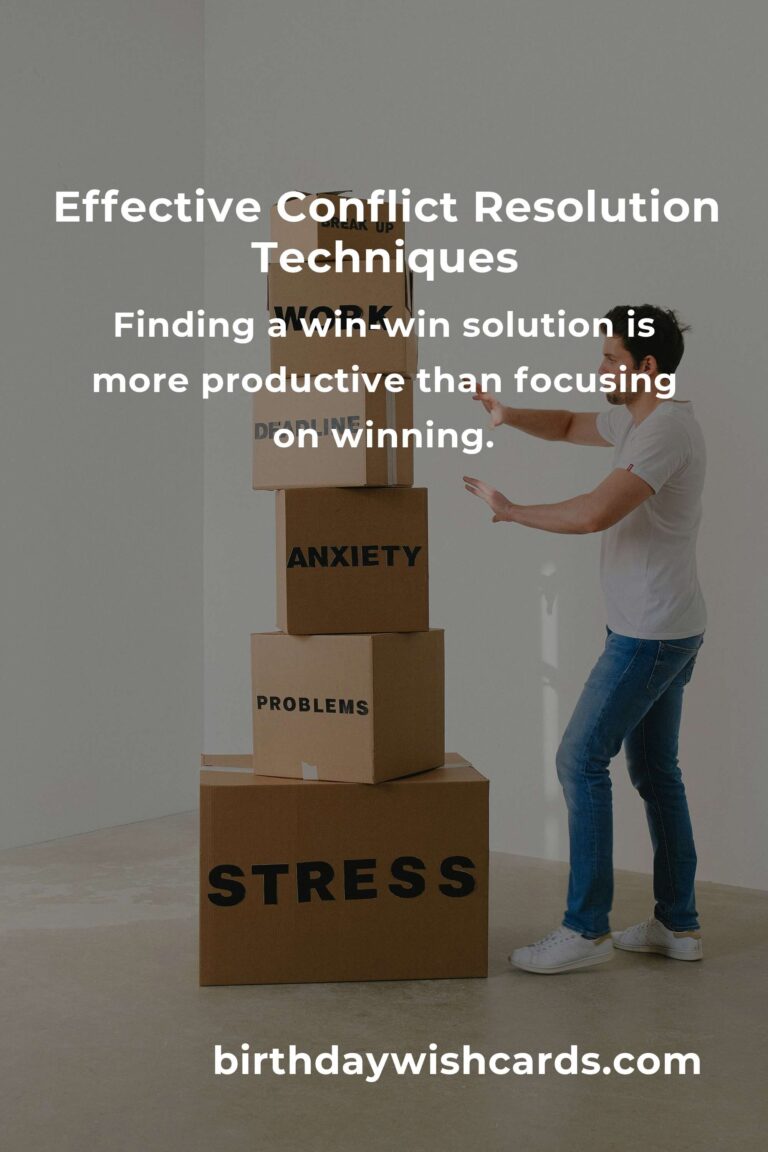
Conflict resolution is an essential skill in both personal and professional environments. When conflicts arise, the ability to resolve them quickly and effectively can prevent escalation and improve relationships. However, many people make common mistakes that can hinder resolution efforts. Understanding these pitfalls and learning how to avoid them can lead to more successful outcomes.
Understanding the Nature of Conflict
Before diving into the common mistakes, it’s important to understand what conflict is. Conflict arises from differences in opinions, values, or needs. When these differences are not addressed, they can lead to misunderstandings and tension. Recognizing the underlying causes of conflict is the first step towards resolution.
Common Mistakes in Quick Conflict Resolution
1. Ignoring the Problem
One of the most common mistakes is ignoring the conflict altogether. Many people hope that by avoiding the issue, it will resolve itself. However, unresolved conflicts tend to fester and grow, leading to more significant problems in the future. It is crucial to address conflicts promptly and directly.
2. Reacting Emotionally
Emotions can run high during conflicts, but reacting emotionally can escalate the situation. Yelling, blaming, or becoming defensive are counterproductive. Instead, strive to approach the situation calmly and rationally, focusing on facts rather than emotions.
3. Failing to Listen
Effective communication is key to conflict resolution, and listening is a critical component of communication. Often, people are more focused on getting their point across than understanding the other person’s perspective. Active listening involves paying full attention, acknowledging the other person’s feelings, and asking clarifying questions.
4. Making Assumptions
Assuming you know the other person’s thoughts or intentions can lead to misunderstandings. Instead, ask questions to gain a clearer understanding of their perspective. This open dialogue can prevent misinterpretations and foster a more collaborative approach to resolution.
5. Focusing on Winning
Viewing conflict as a competition with a winner and loser is detrimental. This mindset can lead to increased hostility and stubbornness. Instead, aim for a win-win solution where both parties feel their needs have been addressed.
6. Not Being Prepared to Compromise
Conflicts often require compromise. Being rigid and unwilling to find middle ground can stall resolution efforts. Be open to finding solutions that work for both parties, even if it means making concessions.
Strategies for Effective Conflict Resolution
1. Address Issues Early
Don’t wait for conflicts to escalate. Address them as soon as they arise to prevent further complications. Early intervention can lead to quicker and more effective resolutions.
2. Practice Active Listening
Focus on understanding the other person’s viewpoint by listening actively. This can be achieved by maintaining eye contact, nodding in acknowledgment, and providing feedback to show you are engaged.
3. Stay Calm and Composed
Maintain a calm demeanor, even if the other party becomes agitated. Staying composed can help de-escalate the situation and keep the conversation productive.
4. Communicate Clearly and Respectfully
Use clear and respectful language to convey your thoughts and feelings. Avoid using accusatory or inflammatory language that can provoke defensiveness.
5. Seek Common Ground
Identify areas of agreement and build on them to create a foundation for resolving the conflict. Finding common ground can foster cooperation and mutual understanding.
6. Be Open to Solutions
Approach conflict resolution with an open mind. Be willing to explore different solutions and consider the other person’s suggestions. Flexibility and creativity can lead to successful outcomes.
Conclusion
Quick conflict resolution is an important skill that requires patience, understanding, and effective communication. By avoiding common mistakes and applying strategic approaches, you can resolve conflicts more efficiently and maintain healthy relationships. Remember, the goal of conflict resolution is not to win but to find mutually beneficial solutions that satisfy all parties involved.
Conflict resolution is an essential skill in both personal and professional environments. Ignoring conflict altogether is a common mistake that can lead to more significant problems. Reacting emotionally during conflicts can escalate the situation. Active listening is a critical component of effective communication in conflict resolution. Finding a win-win solution is more productive than focusing on winning. Addressing issues early can prevent conflicts from escalating further.
#ConflictResolution #EffectiveCommunication #RelationshipBuilding #ActiveListening #ProblemSolving

